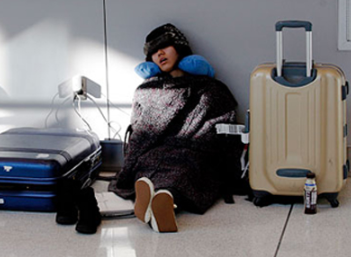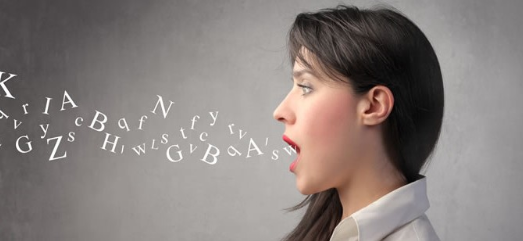|TOEFL iBT スピーキング 概要と攻略法 (Question 3)

Question 3 概要
Question 3は「読む」「聞く」「書く」の複数の技能が問われているため、
Integrated問題と呼ばれます。
内容は、大学や学生生活に関連する約75~100字程度のリーディングを45~50秒で読み、
次にそれについて男女の学生2人の会話を聞きます。
この会話では基本的に片方がリーディングの内容に対する自分の意見を2つ述べ、
もう片方の学生は聞き役であることがほとんどです。
リーディングとリスニングが終わったら30秒で回答の準備を行い、
60秒でスピーキングを行います。
Question 3で聞かれる内容は必ず、「リーディングの内容に対する学生の意見」です。
つまり、リーディングとリスニングの内容を要約する問題です。
問題の例
The man expresses his opinion about the students having to pay for the health club. State his opinion, and explain the reasons he gives for holding that opinion.
Question 3 攻略

それでは、解答法を順を追って解説していきます
▮ リーディング
リーディングの内容は大学が新しい運動器具を導入したとか、
大学が新しい入学システムを開始したとか、なんらかの
「キャンパスでの変化」についてです。
そしてそれに対して2つの理由があります。
Read a short passage about a campus situation.
Health Club Fees
The university plans to charge a membership fee at its health club starting in January. The fee for using the facilities will be $20 per student. The university has made this decision in light of the deteriorating condition of the equipment and the poor state of the health club itself. Renovations will be made during the Christmas break. All fees will go toward the costs of renovation and the purchase of new equipment.
| メモ取り Question 3 リーディング
リーディングの以下の要点をメモします。
・キャンパスでの変化
・変化の理由1
・変化の理由2
▮ リスニング
リスニングでは、リーディングの内容に関する男女の学生の会話で、
片方の学生がそれについて賛成か反対かを述べ、その理由を2つ挙げます。
Listen to a conversation about the same topic.

● スクリプト
W : Hey, Pete are you going to join the health club after Christmas?
M : If it were free, sure. But since it’s not, I guess I’m not.
W : It’s only twenty bucks.
M : Twenty bucks Is a lot of money to some people, Sue. These renovations and new equipment should be paid by the university.、We pay enough here already. They charge us for everything books, lab fees, photocopying, and late fees at the library. It’s too much.
W : Yeah, I guess so, but the health club really needs this. It’s in bad shape, and the equipment is ancient.
M : You know most of that equipment is less than two years old? I talked to a guy in the Athletic Department, and he said it was the football coach and team that pushed for the renovations. And they don’t have to pay since they are on a sports team.
W: No, that can’t be true. They won’t make us pay and have some others use it for free.
M: You’ll see. Wait until January. It’s not fair. If we pay. they-should pay also.
| メモ取り Question 3 リスニング
内容は必ず1人の学生の意見と理由2つなので、これらの要点をメモします。
・学生の意見
・学生の理由1
・学生の理由2
▮ 質問と回答例
Question
The man expresses his opinion about the students having to pay for the health club. State his opinion, and explain the reasons he gives for holding that opinion.
Sample Response (回答例)
学生の意見 + 2つの理由 を述べます。
The man is not pleased that the students have to pay for admission to the school’s health club. (← Option) Even though the fee is small, he thinks it is a lot of money for him to
spend. Plus, he states that he doesn’t like the fact that the students have to pay
for things like books, late fees, and lab fees in addition to their tuition.
He feels that the school is charging them enough for lots of different things already. (←Reason 1) Finally, he believes that it is very unfair that members of the student body have to pay but members of the school’s sports teams do not,( ← Reason 2) especially because the football team and coach were the ones who wanted to have the changes made.





























